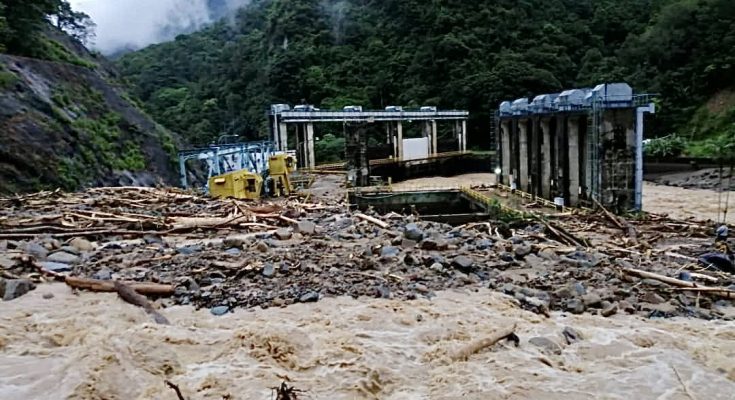 KOTA KINABALU: The relevant authorities have been urged to take natural disasters seriously following the floods in Tenom, Keningau and Beaufort.
KOTA KINABALU: The relevant authorities have been urged to take natural disasters seriously following the floods in Tenom, Keningau and Beaufort.
Senior lecturer from the Faculty of Engineering, Universiti Malaysia Sabah (UMS), Ts. Dr Noor Sheena Herayani Harith said natural disasters such as debris flows need to be taken seriously, especially when it comes to the construction of large structures such as bridges and dams.
“Residents around Tenom, Keningau and Beaufort were shocked by a flood that destroyed several areas as a result of continuous rain on Tuesday morning, November 1.
“There was also a debris flow incident in the Tenom Pangi Hydro Dam area, which has resulted in damage to residents’ property.
“In my opinion, the Tenom Pangi Hydro Dam was built to supply electricity to the surrounding areas, and not as a reservoir for excess water,” she said.
Dr Noor Sheena, who is also UMS Principal Research Fellow for the Natural Disaster Research Center (NDRC) said the damage of the dam is caused by the debris flow which consists of stones and trees that have drifted and accumulated in the part of the dam.
“Debris flow is one of the deadly geological hazards and can cause property damage, especially in Malaysia. This incident is likely to occur as a result of there being a landslide area nearby due to prolonged rain before being washed away by the river current and finally accumulating in the dam area.
“Due to the large level of storage and load, the dam structure could not bear the unexpected load and subsequently, collapsed. Due to this incident, the excess debris has overflowed and flooded the area around the dam, further damaging and burying several building structures, especially nearby residential areas and vehicles.
“A similar incident can be seen from the post-earthquake events that followed the landslides and prolonged rains in 2015 in the Mesilau and Ranau areas. The incident caused a landslide and further flow of debris in the Mesilou area, where the bridge structure has collapsed and drifted away due to excessive loads,” she added.
According to Dr Noor Sheena, the time has come for natural disasters such as debris flows to be taken seriously, especially when it comes to the construction of large structures such as bridges and dams.
“Take into account the analysis of the debris flow model to reduce the risk and damage caused by natural disasters,” she said.



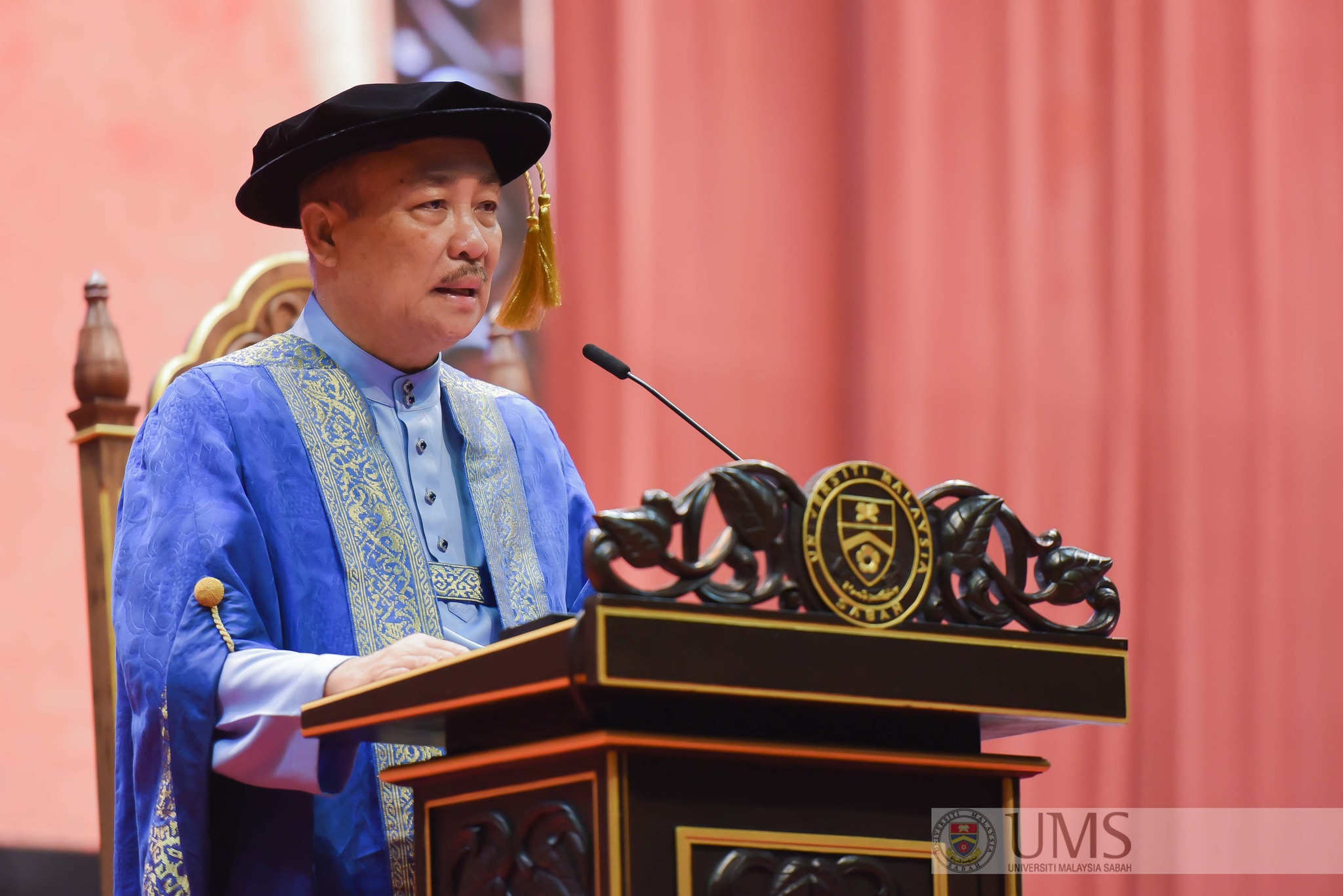 KOTA KINABALU: Universiti Malaysia Sabah (UMS) received a shot in the arm with RM2 million funding from the Sabah government to boost its research.
KOTA KINABALU: Universiti Malaysia Sabah (UMS) received a shot in the arm with RM2 million funding from the Sabah government to boost its research.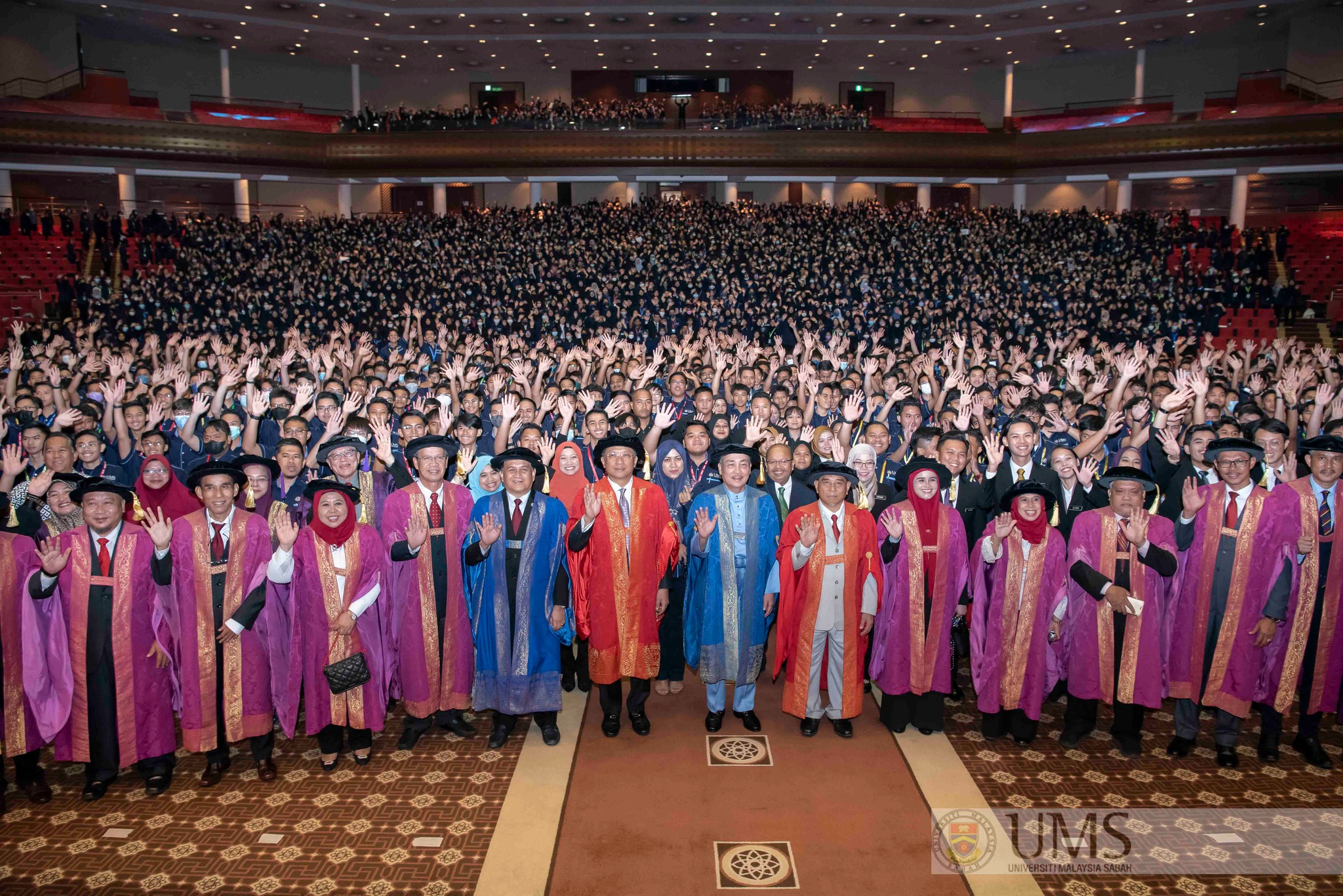
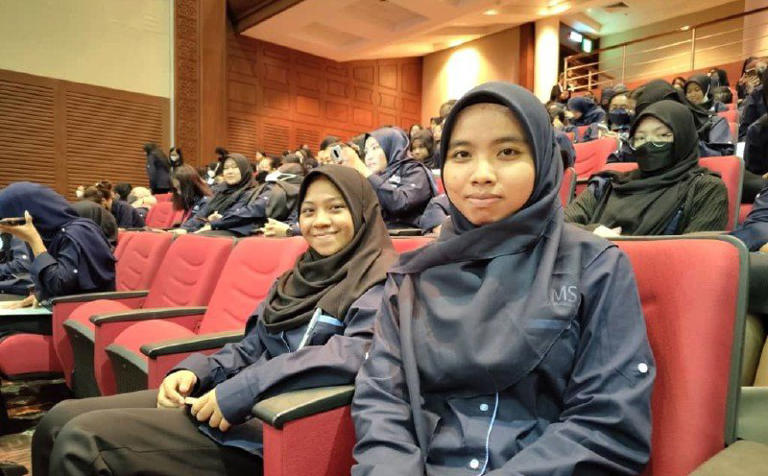 KOTA KINABALU: It was a dream come true for Nursyazliana Bulkia when she was offered a place at Universiti Malaysia Sabah.
KOTA KINABALU: It was a dream come true for Nursyazliana Bulkia when she was offered a place at Universiti Malaysia Sabah.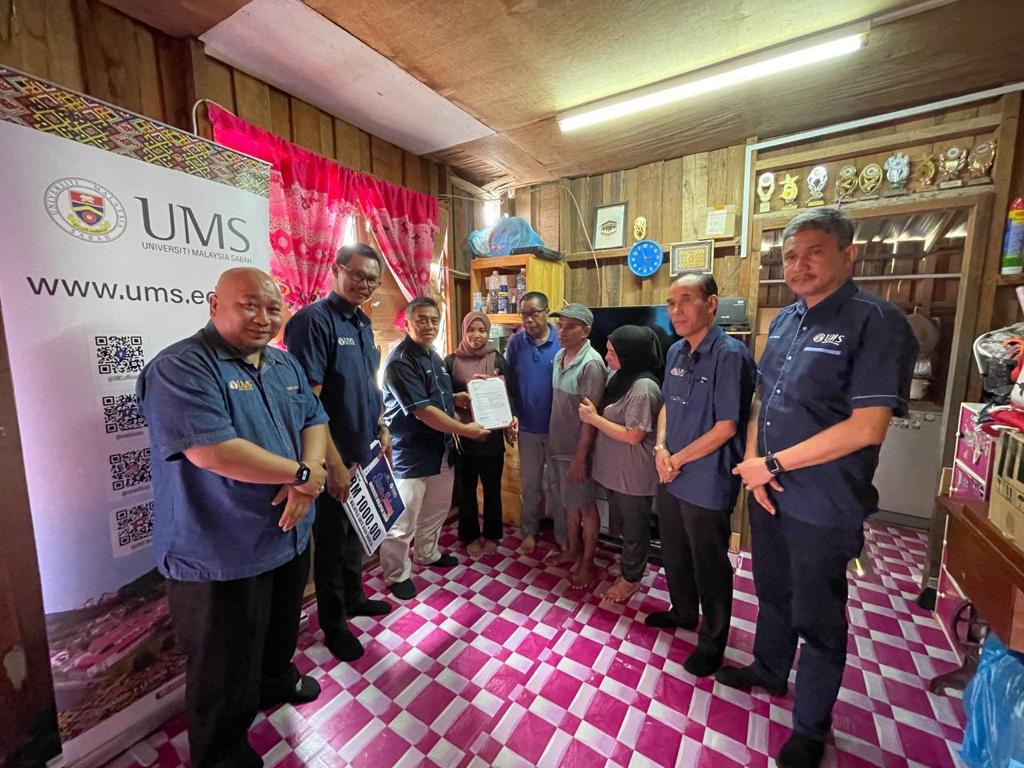
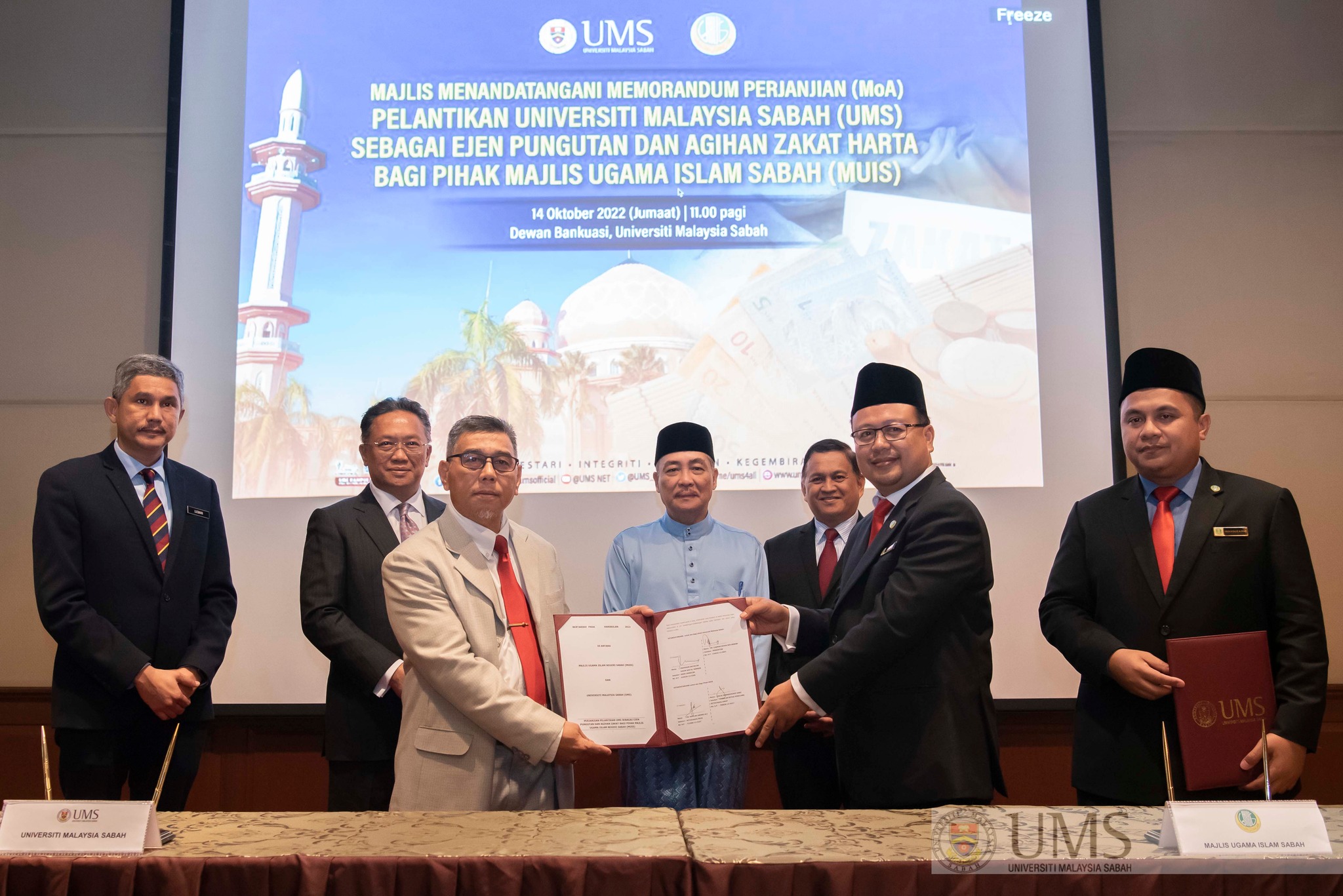 KOTA KINABALU: Universiti Malaysia Sabah (UMS) yesterday signed a Memorandum of Agreement (MOA) with the Sabah Islamic Religious Council (MUIS) on tithe collection and distribution.
KOTA KINABALU: Universiti Malaysia Sabah (UMS) yesterday signed a Memorandum of Agreement (MOA) with the Sabah Islamic Religious Council (MUIS) on tithe collection and distribution.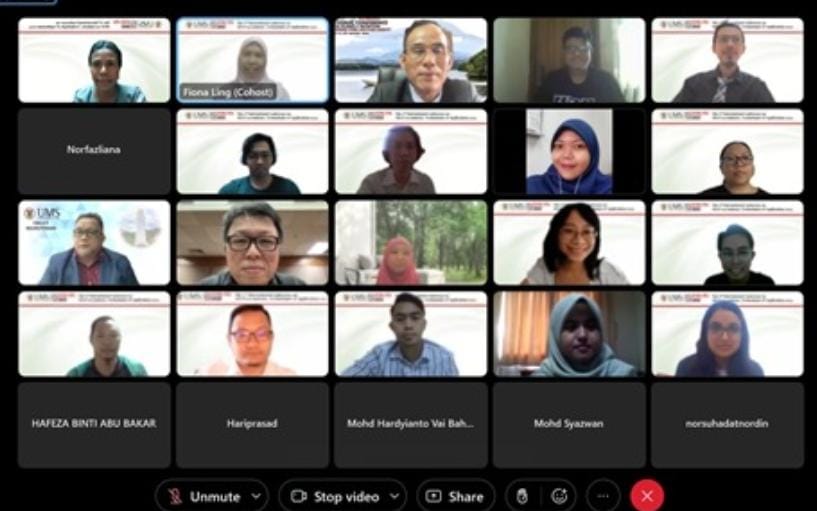 KOTA KINABALU: The Oil and Gas (O&G) Engineering Programme, Faculty of Engineering, (FKJ) Universiti Malaysia Sabah (UMS), held the 2nd International Conference on Oil and Gas Industry, Technologies, and Applications 2022 (ICOGITA 2022) here recently.
KOTA KINABALU: The Oil and Gas (O&G) Engineering Programme, Faculty of Engineering, (FKJ) Universiti Malaysia Sabah (UMS), held the 2nd International Conference on Oil and Gas Industry, Technologies, and Applications 2022 (ICOGITA 2022) here recently.